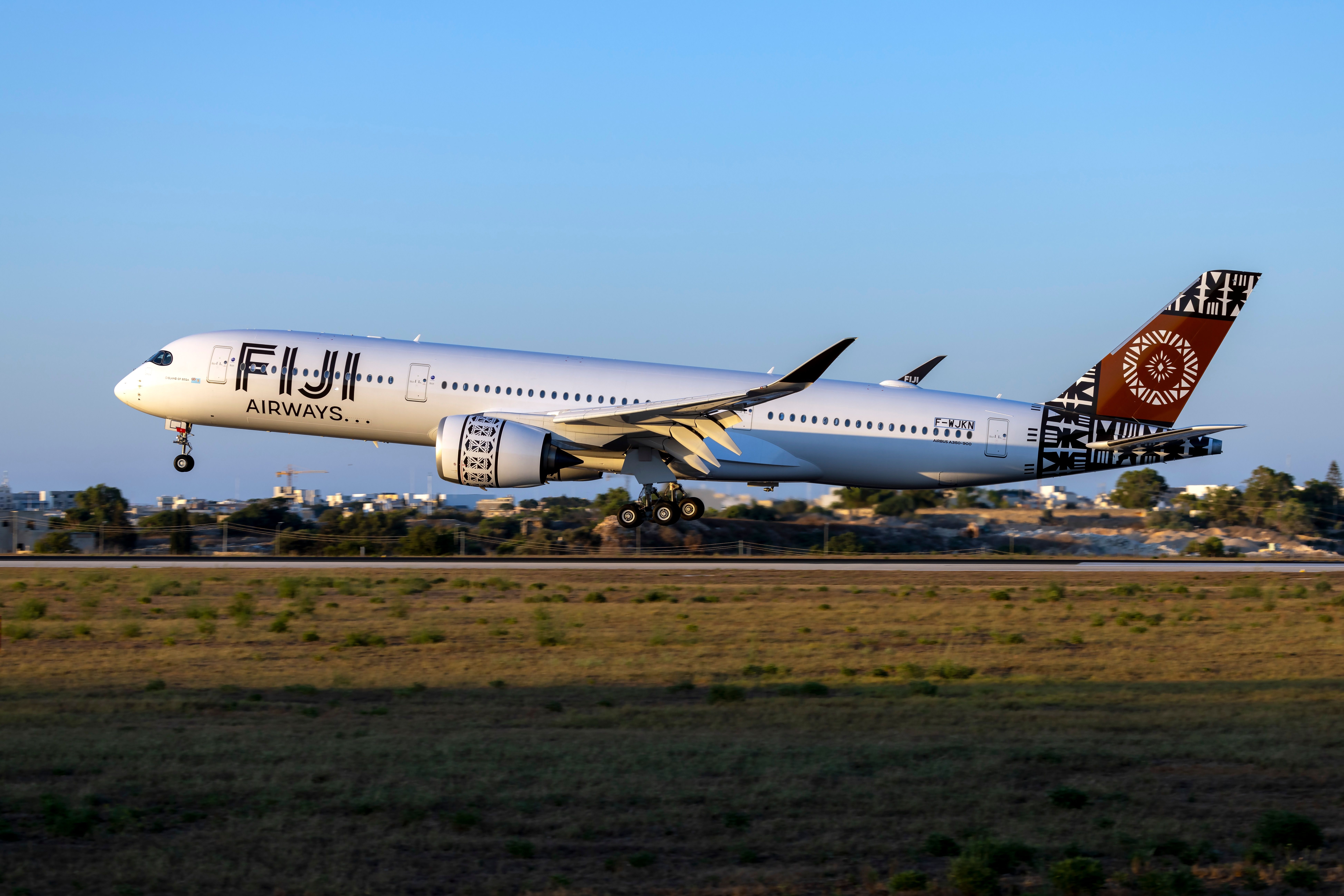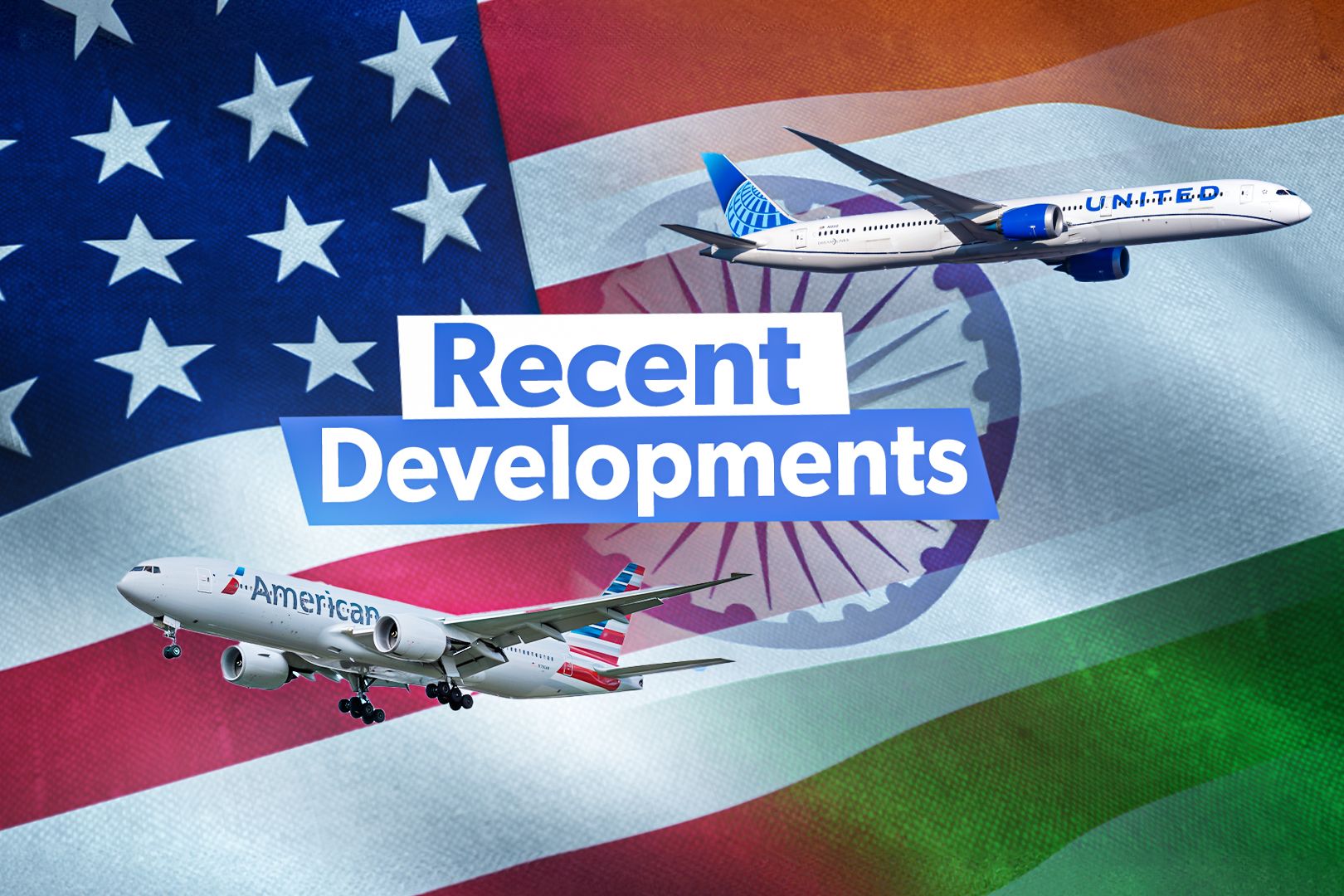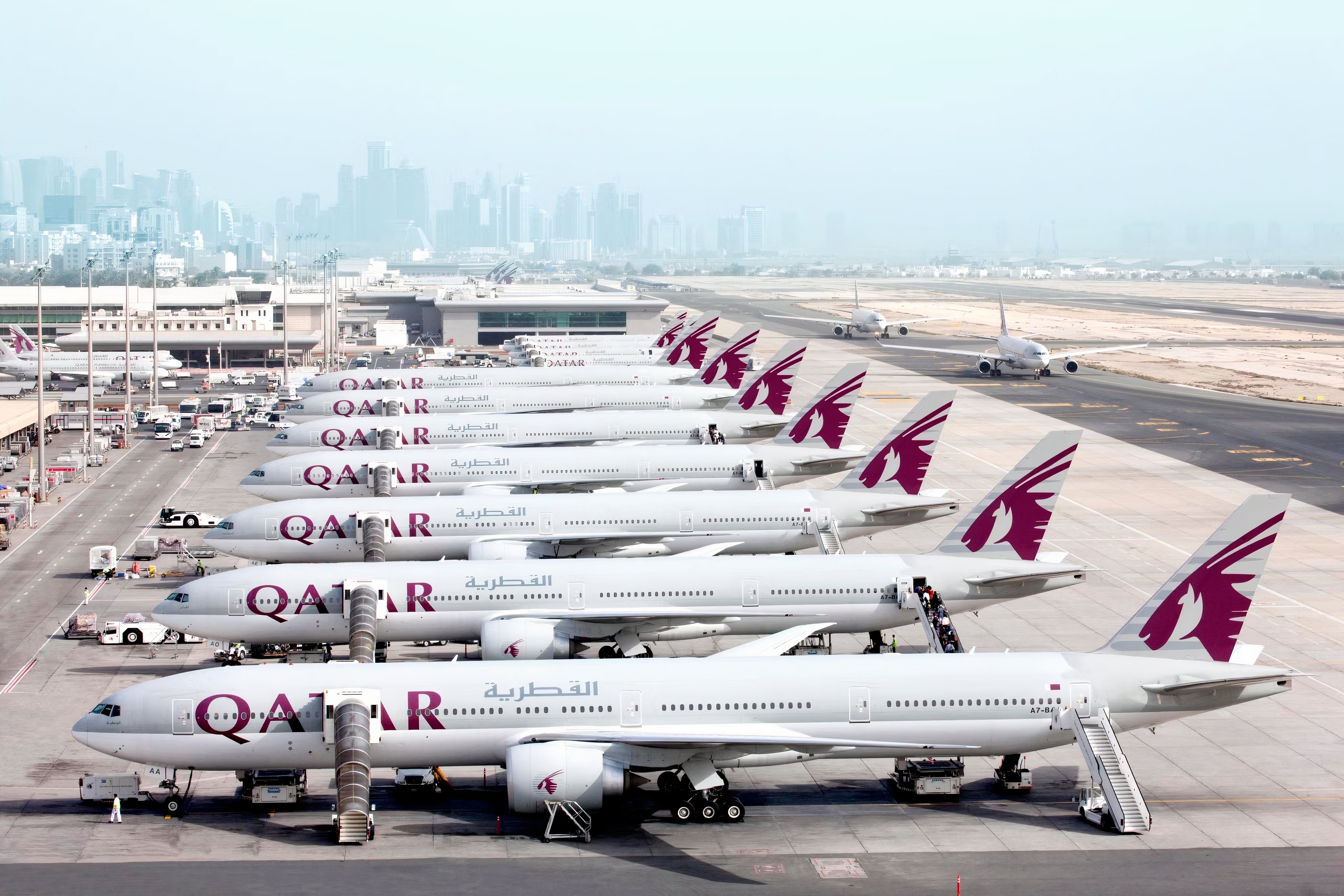Wednesday, August 21, 2024 Belgium’s aeroplane boarding tax, introduced in 2022, generated €40 million in revenue last year, marking the first time it met its financial target. The tax, aimed at reducing short-haul flights, charges passengers between €2 and €10 based on their destination. Despite this financial success, the measure faces criticism from environmental groups and the aviation industry, who argue it lacks a significant ecological impact.
The debate continues on whether the tax effectively promotes sustainable travel and tourism in Belgium. In an effort to reduce short-haul flights and encourage more sustainable travel alternatives, the Belgian Federal Government introduced an aeroplane boarding tax in 2022. The tax applies to all passengers flying out of Belgian airports and varies based on the destination, with the highest tax levied on flights under 500 kilometers.

This measure was part of Belgium’s broader strategy to address climate change and reduce carbon emissions, particularly within the aviation sector, which is a significant contributor to global CO2 emissions. Initially, the tax faced significant challenges in meeting revenue expectations. However, in 2023, the boarding tax achieved its target, raising €40 million.
This milestone reflects both the effectiveness of the tax in generating revenue and the continued demand for air travel, despite the additional costs imposed on passengers. The boarding tax is structured to impose higher charges on shorter flights, which are deemed less environmentally efficient. Here’s how the tax revenue was distributed in 2023: The primary objective of the boarding tax is to discourage short-haul flights, which are often less fuel-efficient per passenger kilometer compared to longer flights or alternative modes of transportation like trains.
Short flights also contribute disproportionately to CO2 emissions due to the energy-intensive processes of takeoff and landing. By imposing higher taxes on these flights, the government hopes to nudge travelers towards more sustainable travel options, such as high-speed trains for nearby destinations like Paris, London, or Amsterdam. However, despite the good intentions, the tax has faced criticism for not being ambitious enough in its environmental goals.
Critics argue that the current tax rates are too low to significantly change consumer behavior and that the measure alone is insufficient to address the broader environmental challenges posed by the aviation sector. Several key players, including environmental groups and the aviation industry, have expressed concerns about the effectiveness of the boarding tax as an environmental measure. As the Belgian government assesses the effectiveness of the aeroplane boarding tax, there are ongoing discussions about how to improve and possibly expand the measure to better serve its environmental goals.
Some of the proposals on the table include: Belgium’s aeroplane boarding tax represents a step toward addressing the environmental impact of air travel, but it also highlights the challenges of balancing economic growth with sustainability. While the tax has succeeded in generating significant revenue, there is still much work to be done to ensure that it contributes meaningfully to reducing carbon emissions and promoting greener travel options. Moving forward, the Belgian government will need to consider the feedback from environmental groups and the aviation industry to refine the tax and possibly introduce complementary measures.
By doing so, Belgium can continue to play a leading role in the global effort to combat climate change, while also supporting a sustainable and competitive aviation sector..



















